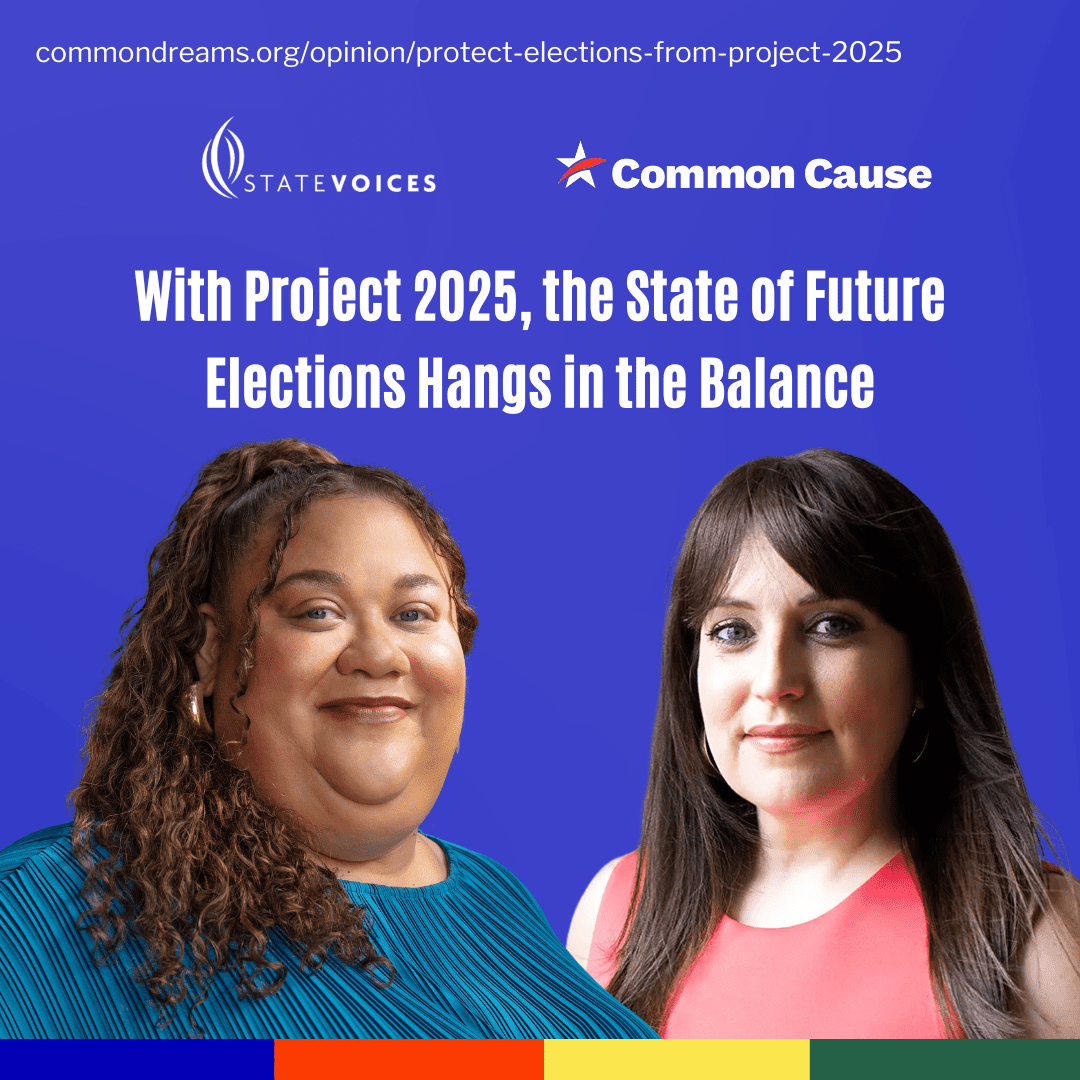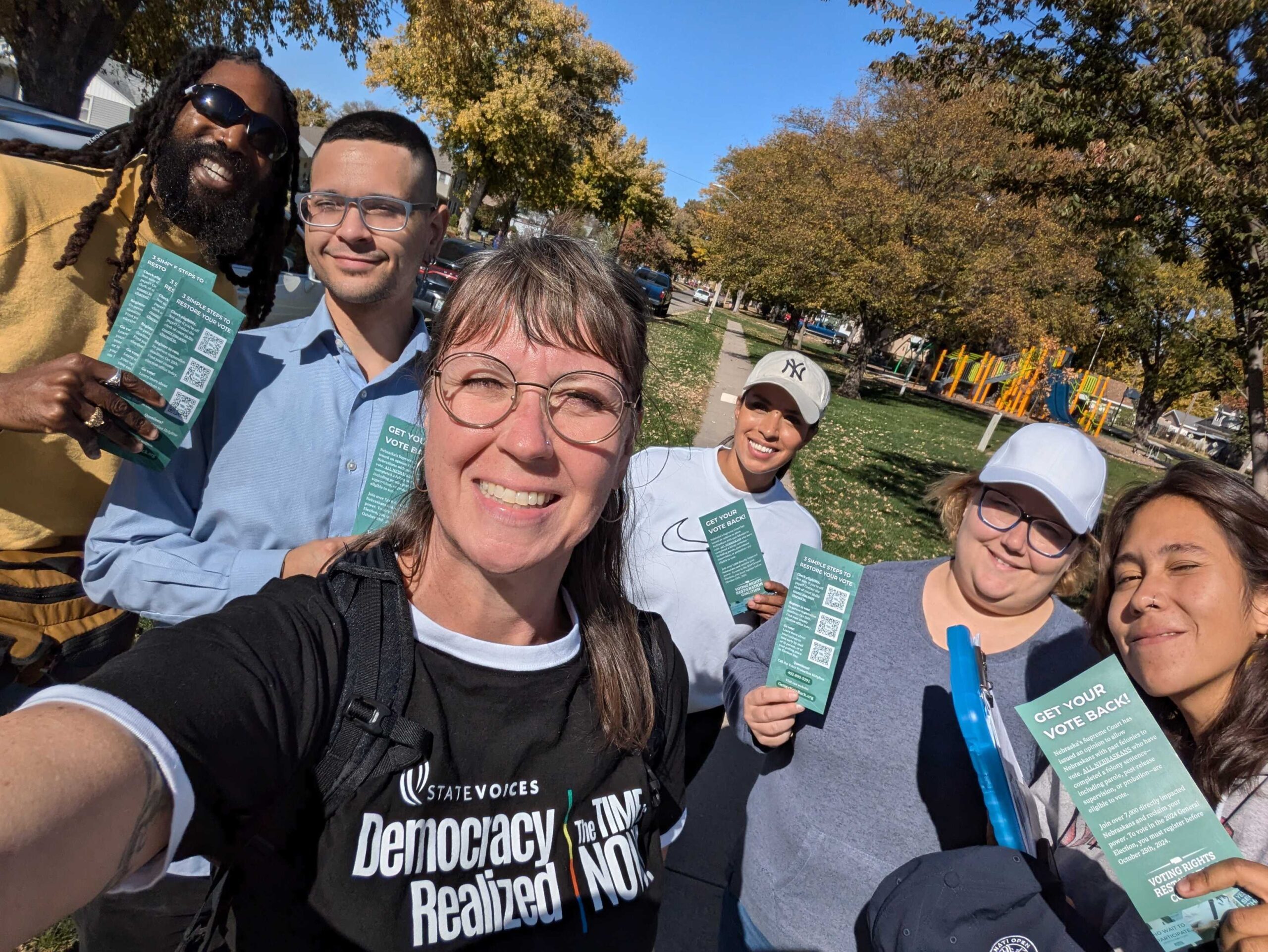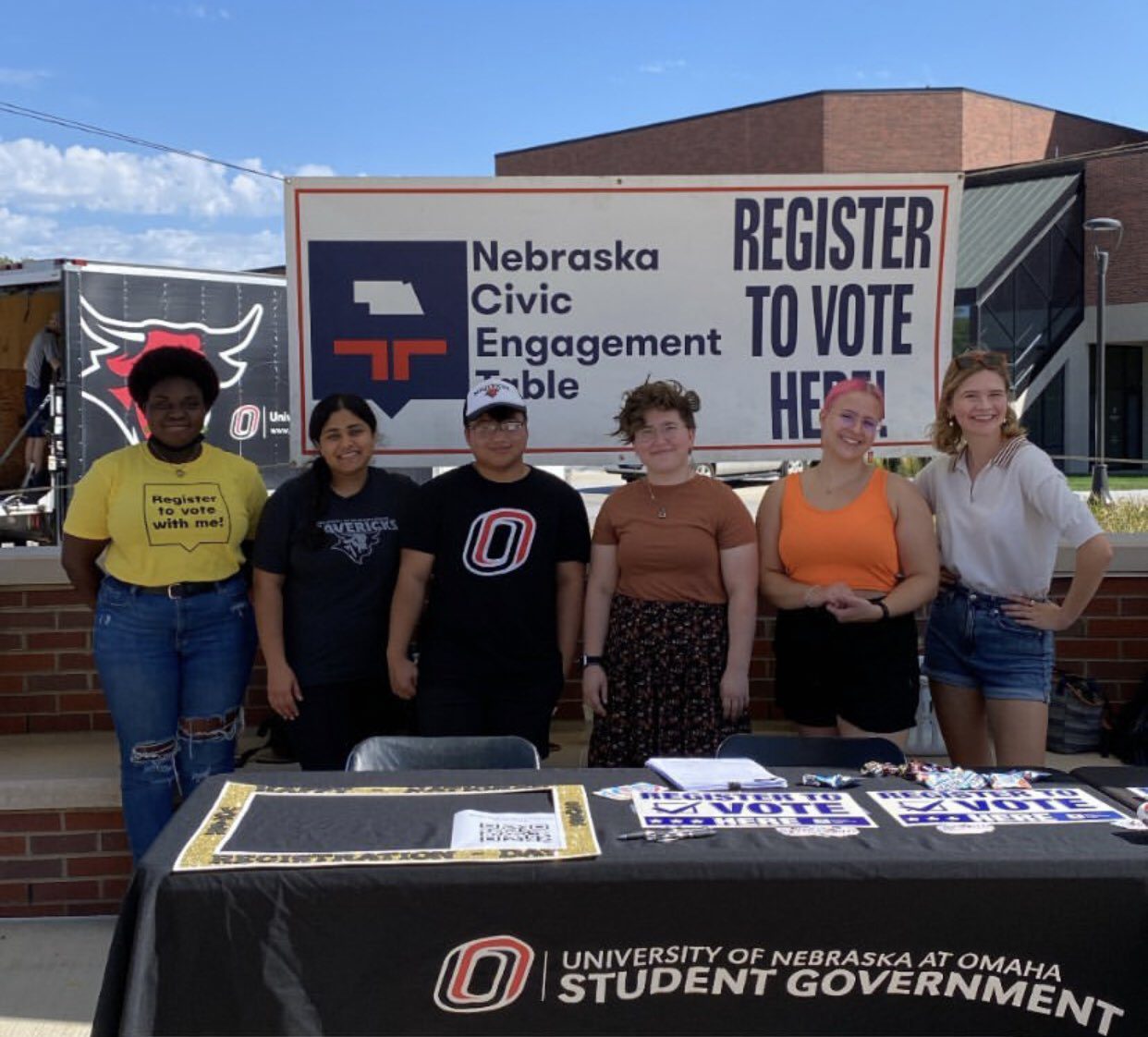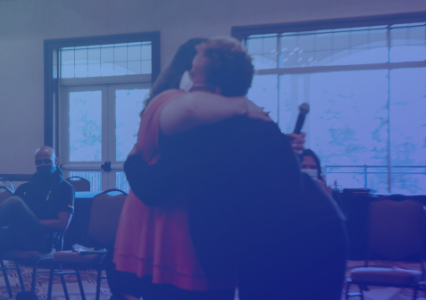The day we’ve dreaded has come: the Supreme Court has voted to overturn abortion rights.
As a nationwide network of 25 State Tables where 84% of our State Tables are led by women and 68% by women of color, we know that reproductive freedom is essential for everyone.
We are sad, we are angry, and we are scared. But we are not powerless, and we still have hope.
The Dobbs decision means we must work even harder to protect abortion access outside of the Courts.
To do this, we can support abortion funds. We can fight for reproductive freedom legislatively and on the ballot in your state. We can encourage our neighbors to make a plan to vote to help us advocate for our collective needs.
We can show up for each other.
SCOTUS Overturned Abortion Rights. Now What?
On Friday, June 24, 2022, the Supreme Court issued their decision to uphold a Mississippi law that bans abortion after 15 weeks of pregnancy, effectively reversing Roe v. Wade and dismantling federal protections to abortion access.
The attack on abortion access and reproductive freedom is a battle in the ongoing war on bodily autonomy. Attacks on birth control, lack of child care support and paid leave, attacks on trans youth in sports, and the surveilling and policing of families for seeking gender-affirming care are all attempts to restrict choice and marginalized folks’ ability to survive and thrive.
Black, Latinx, Indigenous, and AAPI women, queer and trans communities, and immigrant/refugees in the South and Midwest already face rampant discrimination in the healthcare system, job, and housing markets, and deep economic disparities compared to white and non LGBTQ+ identifying folks.
Lack of access to abortion disproportionately harms and disempowers BIPOC women and LGBQTIA+ folks from living in their full dignity and autonomy by exacerbating these longstanding issues. Black women have experienced an abortion rate nearly four times higher than white women for the last three decades. To further complicate matters, 12 states have yet to expand Medicaid which creates more disparities. Trans folks are less likely than heterosexual and LGBTIA+ individuals to have health insurance, according to the US Department of Health. In an Amicus Brief for the Dobbs v. Jackson case, a coalition of LGBTQIA+ organizations also cites lack of insurance, increased risks for sexual violence, discrimination in the healthcare system, and barriers to contraception as contributing factors to the vulnerability of lesbian and bisexual women.
Following the Supreme Court’s ruling, 13 states will immediately outlaw abortion. And in another 20 states, there will be no immediate protection for reproductive freedom in place. For too many people, the only option would be a 200+ mile journey just to make their own health care choices, making this right available to only the very wealthy.

What’s Happening On the Ground
It’s up to us to ensure our communities’ needs are met in the absence of federal protections. In Michigan, State Table Michigan Voices and their partners are on the ground collecting signatures to ensure a ballot measure to protect Michiganders’ reproductive freedoms makes the ticket this fall.
Stephanie Williams of Michigan Voices partner, Mothers of Hope, affirms their commitment, “to fight like hell for reproductive freedom for all women, especially Black women who continue to have the greatest health disparities in outcomes related to health care and access. This ballot initiative is about quality of life, equity, and greater access, especially for the most disenfranchised which is often Black women.”
In Ohio, Ohio Voice partner Black Queer & Intersectional Collective is raising emergency funds for LGBTQIA+ folks in Columbus to cover essentials, including medical bills.
In New Mexico, New Mexico Civic Engagement Table partners like Progress Now New Mexico, New Mexico Religious Coalition for Choice, and the Mariposa Fund are working to connect women, queer, and undocumented folks with reproductive health care services. They are also calling on people to support local abortion funds like Indigenous Women Rising.
In Georgia, a powerful coalition of BIPOC and feminist organizations are fighting against an awful constitutional amendment that would ban abortion after six weeks. Coalition members include 1000 Women Strong, 9to5 NAWW (GA Chapter), Amplify Georgia Collaborative, Black Voters Matter Capacity Building Institute, Equality Foundation of Georgia, Feminist Women’s Health Center, Georgia Alliance for Social Justice, Georgia WAND Education Fund Inc, Women Engaged, NAPAWF: The National Asian Pacific American Women’s Forum, Protect The Vote GA, Rep GA Institute, SOWEGA Rising, and SPARK Reproductive Justice NOW.
What You Can Do
Remember—we are not powerless. We can make strides in the movement for liberation and multiracial democracy by organizing and showing up for each other. Here are a few ways you can do just that:
1. Support Abortion Funds
You can find abortion funds to support at abortionfunds.org/funds.
You can support Black-led reproductive justice organizations at secure.actblue.com/donate/bffforaccess.
2. Support Reproductive Freedom Legislatively and On the Ballot
You can support a reproductive freedom ballot initiative in Michigan at mireproductivefreedom.org.
You can also find your state representatives and tell them to support progressive legislation that secures reproductive rights for all people, including the Women’s Health Protection Act.
3. Make A Plan to Vote
This is an election year, and voting is one way we can advocate for our needs.Check out our Make A Plan to Vote voter guide to see what issues are on the ballot in your community and find the latest information for polling dates and locations.
We will never give up on our dream of a multiracial democracy where we can all thrive and live in our full dignity. We will never give up on our dream of reproductive freedom. Join us in this commitment to continue organizing together so we can win together.
In solidarity,
The State Voices team
Categories: Integrated Civic Engagement, Reproductive Justice



